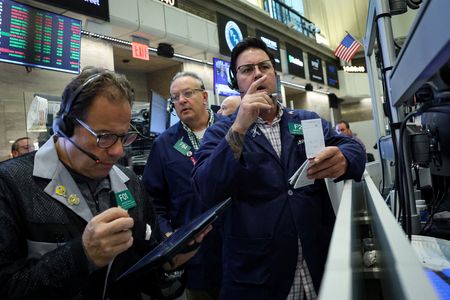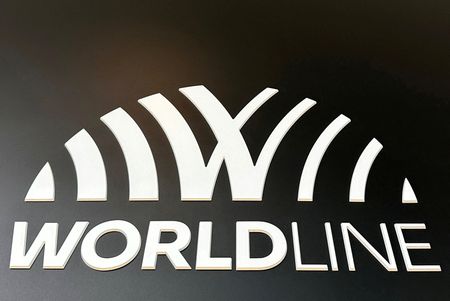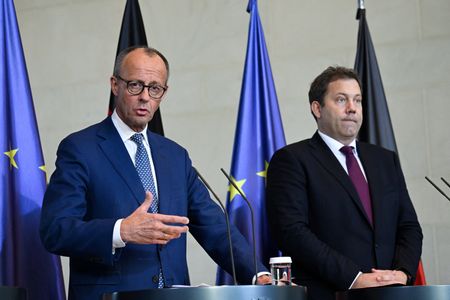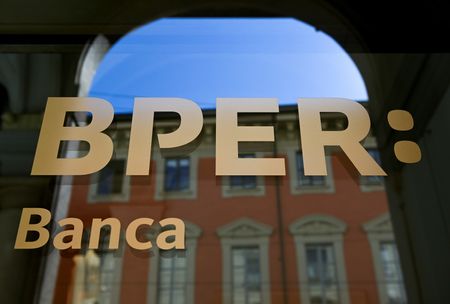By Leo Marchandon
(Reuters) -Telecom towers operator Helios Towers on Thursday reported stronger-than-expected third‑quarter results and launched a $75 million share buyback as part of a new five‑year plan targeting more than $400 million in returns to investors.
Adjusted earnings before interest, taxes, depreciation and amortisation rose 5% year-on-year to $120.1 million, exceeding the $117.8 million forecast in a company‑compiled consensus.
Shares in the British company, which focuses on markets in Africa and the Middle East, surged 18% to a four-year high, the biggest rise on the FTSE mid-cap index. The stock has gained 95% this year.
DEMOGRAPHICS SEEN BOOSTING DEMAND
The five-year strategy aims to generate cumulative recurring free cash flow of over $1.3 billion through 2030 and includes dividend payments starting at $25 million in fiscal 2026.
CEO Tom Greenwood told Reuters that Helios would focus exclusively on organic growth in its existing markets, capitalising on regions where mobile penetration remains around 50%, compared with 90% in developed economies.
Helios, which constructs and leases telecom towers to local operators, is banking on population growth and digitalisation in Africa and the Middle East to drive demand.
“Eight out of ten people born in the world over the rest of this century will be born in Africa and the Middle East,” Greenwood said. “Population is going to grow by over 50% over the next 25 years,” he added, noting accelerating mobile and data usage across the area.
Greenwood emphasised the resilience of Helios’ infrastructure, which operates in some conflict-affected regions. Helios has not lost one site in 15 years of operations, he said.
Regarding low-Earth-orbit services such as Starlink or Eutelsat, Greenwood said satellite networks complement rather than compete with terrestrial infrastructure.
“The capacity ratio between a LEO satellite and a 5G terrestrial antenna is about 3,000 to one,” he said, adding that satellites were vital for ultra-rural coverage and backhaul for new towers.
(Reporting by Leo Marchandon in Gdansk. Editing by Mark Potter)










